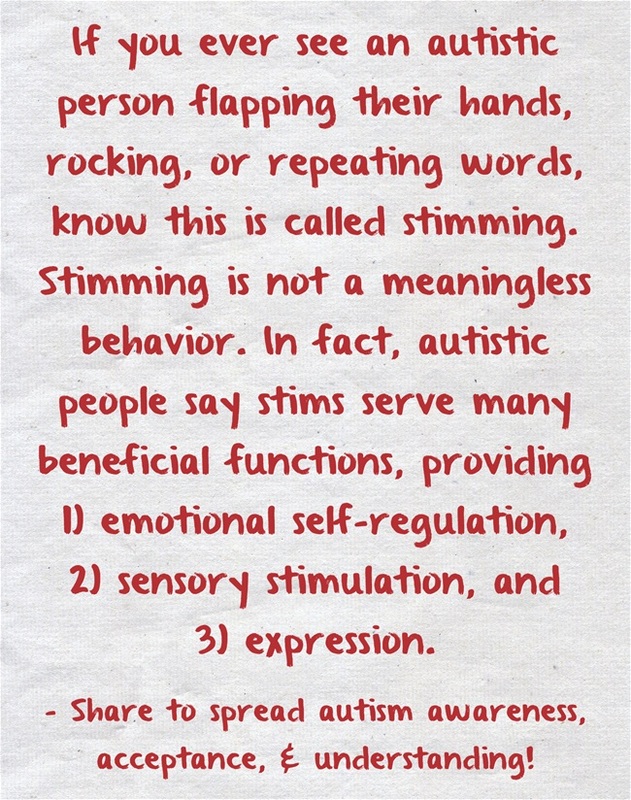There's a saying that's often applied to disabilities: "See the person, not the label." It's a lovely saying, one which I've used myself before, but I now that I think about it, it only gets it halfway right. Confused? I'll explain.
You see, although the saying implies otherwise, seeing someone's "label" - in this case, the fact that they're autistic - isn't such a bad thing. In fact, acknowledging that fact, accepting them for who they are, getting services to help, and making accommodations for them as a result are very good things that are facilitated by the label, ie diagnosis, of autism. Denial of a person's diagnosis, on the other hand, can lead to a very toxic situation. So we really can't simply seek to ignore the 'label.'
That said, sometimes knowing a person is autistic means we make assumptions about them. And, considering that every autistic person is different, making any assumption is dangerous. Worse still, such assumptions are almost always made in the direction of devaluing an autistic person's competence. And that is not okay. You can't just see "autistic" and then immediately know what someone's like. You have to get to know the autistic person for who they are as an individual.
My point is, being able to see both the person's label (diagnosis) AND the person themselves is not only possible, but also ideal. So when you next see an autistic person, make sure you see them for who they are, including but not limited to their autism.
-Creigh

 RSS Feed
RSS Feed
